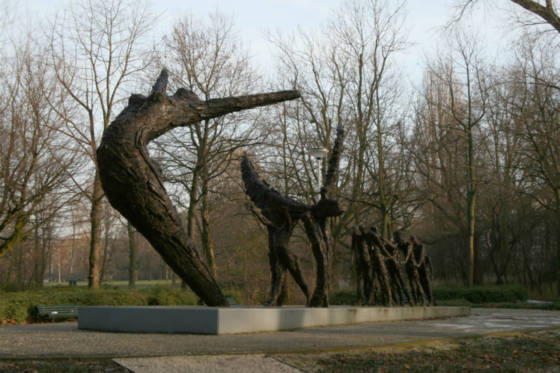Dutch central bank to investigate historical links with slavery


Dutch central bank DNB is authorising an independent investigation into the bank’s historical links with slavery, a spokesperson for the bank confirmed to news platform NU.nl.
The announcement comes in the wake of an article in Dutch weekly VN on banks and their past associations with slavery. This was based in part on a list of loans made to plantations by banks, including DNB, dating from before 1863, when slavery was abolished.
According to the article, three directors of the DNB were involved in drawing up a compensation package offered by the Dutch government to former slave owners – some 300 guilders per freed slave, or €7,000 in today’s money.
‘We are aware of the current discussion about the Dutch past with regards to slavery and the investigation at the Bank of England into its connection with the slave trade, and that is why we have decided to conduct our own investigation,’ a DNB spokesman told NU.nl.
The investigation will focus on the first years of the bank’s existence and the role of one of its financers, Johanna Borski, part of whose immense fortune was invested in plantations in Surinam and elsewhere in the Caribbean, the DNB said.
Once the investigation has been concluded the bank will decide on possible steps. The Bank of England issued an formal apology following the results of its investigation.
Monument
In a further attempt at recognising the Dutch involvement in the slave trade, Utrecht local council has decided to erect a monument to commemorate victims of slavery. There are already monuments to the abolition of slavery in Rotterdam,The Hague and Amsterdam. The Utrecht tribute is scheduled to be revealed during the celebration of Keti Koto on July 1 2023, the year that marks the 150th anniversary of the abolition of slavery.
The monument ‘must be a visible recognition of the terrible harm that slavery did for centuries and which has left its mark until this day,’ the council said. Its unveiling will be part of a broader event featuring debate, exhibitions and theatre.
Prime minister Rutte, who recently rejected a formal apology for the Dutch link with slavery requested by coalition parties D66 and ChristenUnie, has said he will look into the option of declaring 2023 the year to remember it.
Thank you for donating to DutchNews.nl.
We could not provide the Dutch News service, and keep it free of charge, without the generous support of our readers. Your donations allow us to report on issues you tell us matter, and provide you with a summary of the most important Dutch news each day.
Make a donation